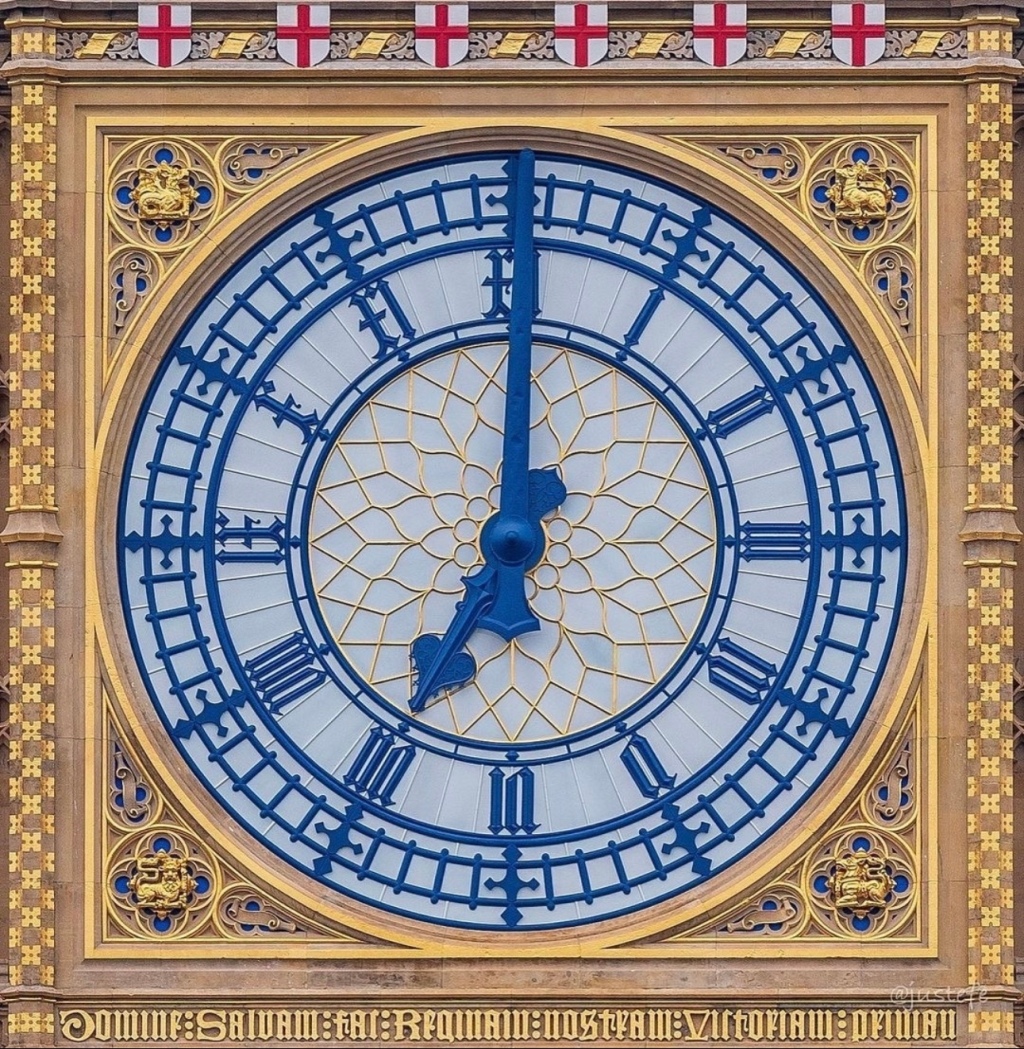Our beliefs determine our thoughts and attitudes about life, which in turn direct our actions. By our actions, we create our destiny. Beliefs about sacred matters–God, soul and cosmos–are essential to one’s approach to life. Hindus believe many diverse things, but there are a few bedrock concepts on which most Hindus concur. The following nine beliefs, though not exhaustive, offer a simple summary of Hindu spirituality.
- Hindus believe in a one, all-pervasive Supreme Being who is both immanent and transcendent, both Creator and Unmanifest Reality.
- Hindus believe in the divinity of the four Vedas, the world’s most ancient scripture, and venerate the Agamas as equally revealed. These primordial hymns are God’s word and the bedrock of Sanatana Dharma, the eternal religion.
- Hindus believe that the universe undergoes endless cycles of creation, preservation and dissolution.
- Hindus believe in karma, the law of cause and effect by which each individual creates his own destiny by his thoughts, words and deeds.
- Hindus believe that the soul reincarnates, evolving through many births until all karmas have been resolved, and moksha, liberation from the cycle of rebirth, is attained. Not a single soul will be deprived of this destiny.
- Hindus believe that divine beings exist in unseen worlds and that temple worship, rituals, sacraments and personal devotionals create a communion with these devas and Gods.
- Hindus believe that an enlightened master, or satguru, is essential to know the Transcendent Absolute, as are personal discipline, good conduct, purification, pilgrimage, self-inquiry, meditation and surrender in God.
- Hindus believe that all life is sacred, to be loved and revered, and therefore practice ahimsa, noninjury, in thought, word and deed.
- Hindus believe that no religion teaches the only way to salvation above all others, but that all genuine paths are facets of God’s Light, deserving tolerance and understanding.
Hinduism, the world’s oldest religion, has no beginning–it precedes recorded history. It has no human founder. It is a mystical religion, leading the devotee to personally experience the Truth within, finally reaching the pinnacle of consciousness where man and God are one. Hinduism has four main denominations–Saivism, Shaktism, Vaishnavism and Smartism.






Leave a comment